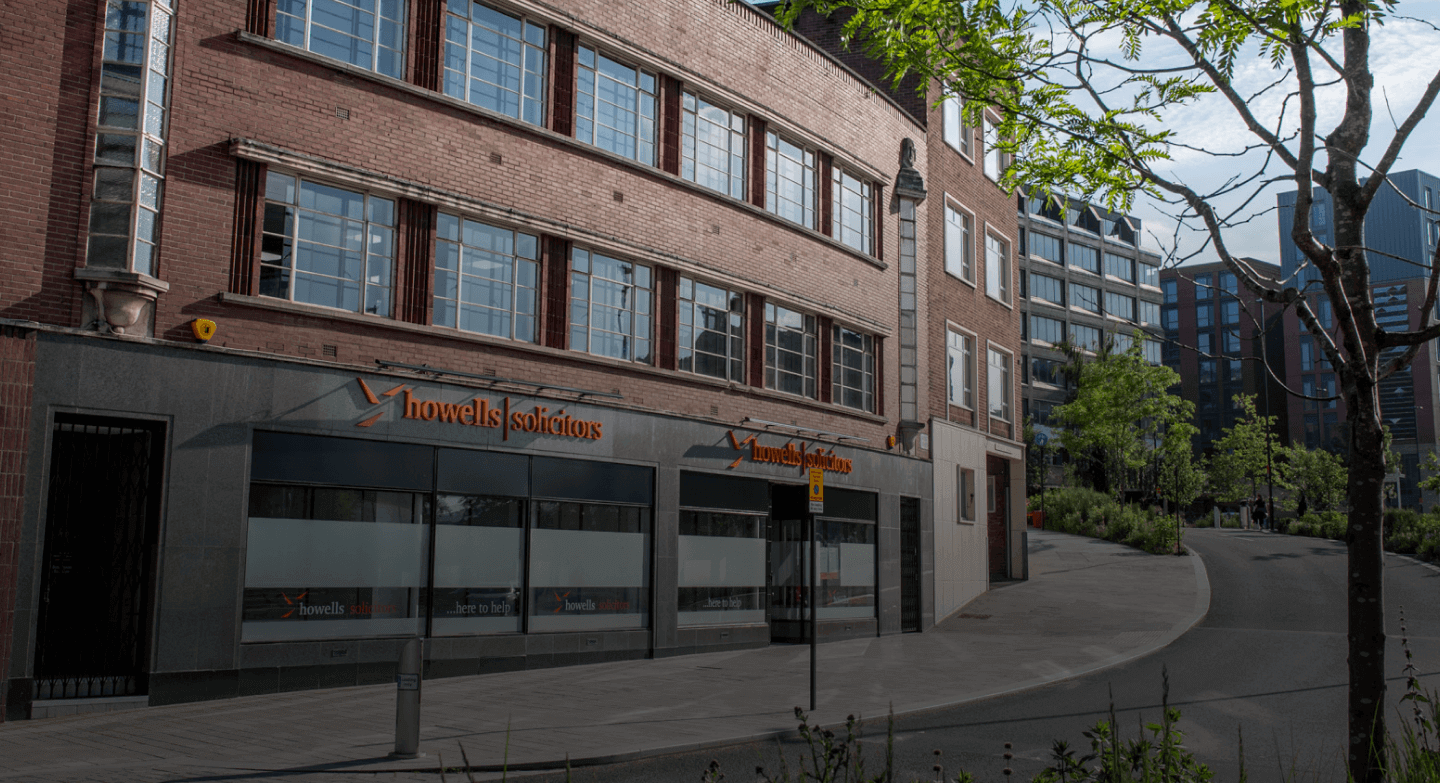- Services
Accident and Personal Injury Claims
- Accident and Personal Injury
- Accident in a Public Place Claims
- Beauty Treatment Claims
- Child Accident Claims
- Criminal Injuries Compensation
- Defective Product Claims
- Head, Spinal Cord & Serious Injury Claims
- Road Traffic Accident Solicitors
- Holiday Accident Claims
- Fatal Accident Solicitors
- Neglect and Abuse Claims
- Accidents at Work Claims
Children Law
Civil Liberties & Inquests
Claims and Complaints Against the Police
Civil Dispute Solicitors
Criminal Defence Solicitors
Family Law Solicitors
- Family Law Solicitors
- Change of Name Solicitors
- Child Custody & Child Access
- Children Law
- Civil Partnerships
- Collaborative Law
- Divorce Solicitors
- Divorce Financial Settlements Solicitors
- Domestic Abuse
- Family Law Fees
- Fixed Fee Divorce Solicitors
- Financial Settlement – Online Divorce
- Pre-Nuptial & Post-Nuptial Agreements
- Separation Agreement Solicitors
- Unmarried Couples
Medical Negligence Solicitors
- Medical Negligence
- A&E Negligence Claims Solicitors
- Birth Injury Solicitors
- Cancer Misdiagnosis Claim
- Care Home Neglect Solicitors
- Cerebral Palsy Claims
- Dental Negligence Solicitors
- Fatal Injury Claims
- GP Negligence Claims
- Hospital Negligence Claims
- Delayed Diagnosis and Misdiagnosis Claims
- Medical Negligence Inquests
- Orthopaedic Negligence Claims
- Cosmetic Surgery Claims
- Prescription Error Claims
- Spinal Injury Claims & Neurology Claims
- Surgical Negligence Claims
- Death Due to Medical Negligence
Housing Tenancies & Benefits Solicitors
Motoring Offences
Property & Conveyancing
Wills, Trusts & Probate Solicitors
- About Us
- Careers
- News Room
Sheffield, Barnsley, and Rotherham Solicitors
With more than 40 years experience providing quality advice, Howells Solicitors is a firm you can trust. Our approachable team of experts are committed to offering legal advice to every individual who seeks it, delivering a customer-focused service at all times.
How can we help? Contact us today
Contact us and one of our advisors will be in touch to discuss your situation. We will take some initial information and if we can help, we will book you in for a consultation with a legal professional, either face to face, online or on the phone, with one of our solicitors in Sheffield, Rotherham, and Barnsley.
Or Call Us:
- 0114 249 66 66 Sheffield
- 01709 364 000 Rotherham
- 01226 805 190 Barnsley
Our Services
 Accident and Personal Injury Claims
Accident and Personal Injury Claims
 Children Law
Children Law
 Civil Liberties & Inquests
Civil Liberties & Inquests
 Claims and Complaints Against the Police
Claims and Complaints Against the Police
 Civil Dispute Solicitors
Civil Dispute Solicitors
 Criminal Defence Solicitors
Criminal Defence Solicitors
 Family Law Solicitors
Family Law Solicitors
 Housing Tenancies & Benefits Solicitors
Housing Tenancies & Benefits Solicitors
 Medical Negligence Solicitors
Medical Negligence Solicitors
 Motoring Offences
Motoring Offences
 Property & Conveyancing
Property & Conveyancing
 Wills, Trusts & Probate Solicitors
Wills, Trusts & Probate Solicitors







